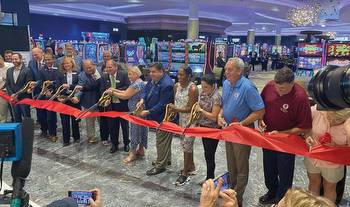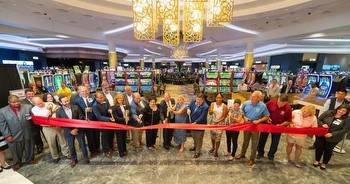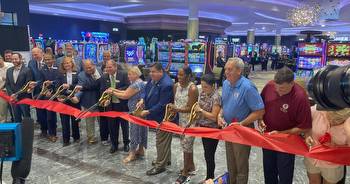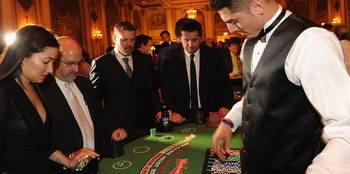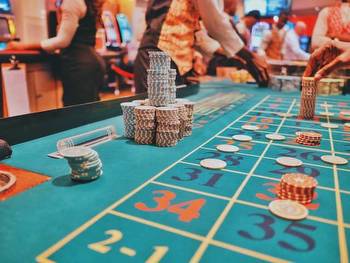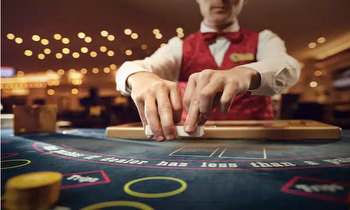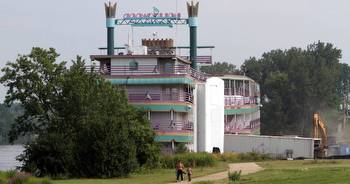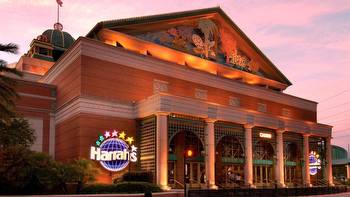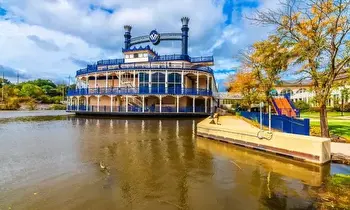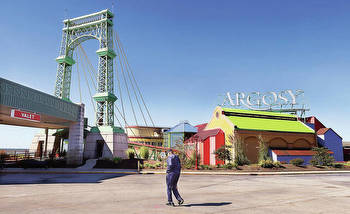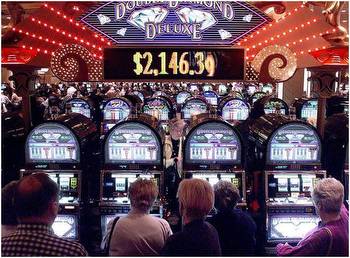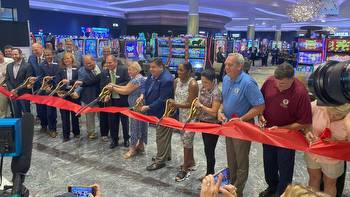This Week In Illinois History: Riverboat Gambling Comes To Illinois (Feb. 7, 1991)
Illinoisans have bet on horseracing since 1927, purchased Lottery tickets since 1974 and gambled for non-profit charities since 1986.
But on Feb. 7, 1990, Gov. James Thompson signed the Riverboat Gambling Act, laying odds on economic development and tourism.
With a blackjack table as a desk, the signing ceremony took place at the Peoria Boatworks. A steamboat blasted its whistle while a calliope played “Happy Days are Here Again.”
The newly created Illinois Gaming Board granted 10 licenses, giving preferential treatment to economically depressed areas outside the Chicago area. Riverboat casinos could operate only on water and gambling was permitted only after the boats left the dock.
The first license went to Alton, which launched Illinois’ first riverboat casino, the Alton Belle, on Sept. 10, 1991. The three-deck, 600-passenger boat held 296 slot machines and 22 gambling tables.
In the first year, riverboat gambling brought in $8 million in tax revenue. The next year, it raked in $54 million, surpassing horseracing revenue.
On May 21, 1999, Gov. George Ryan signed a new Riverboat Gambling Act, which allowed gambling to continue on riverboats while they remained dockside. The new law, however, allowed an easy work-around. Rivers Casino in Des Plaines, for example, dug a shallow pit on dry land, filled it with water, and built a casino over it.
Riverboat gambling tax revenue peaked at $699 million in 2005.
In June 2019, Gov. J.B. Pritzker signed legislation allowing Illinois’ 10 riverboat casinos to move operations to dry land, effectively tapping out this brief and quirky footnote to our state history.









